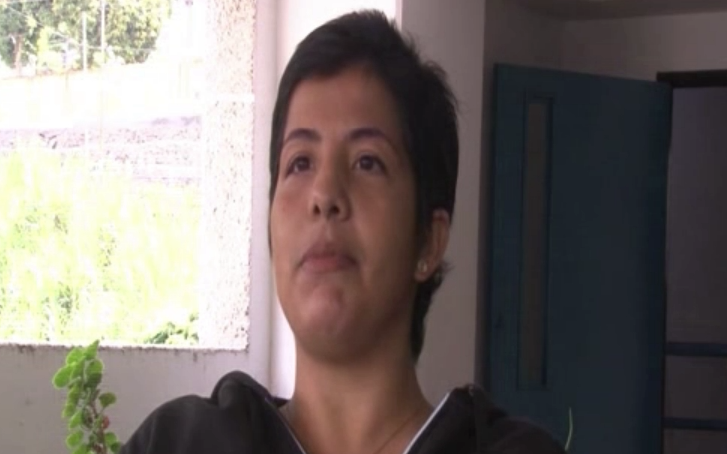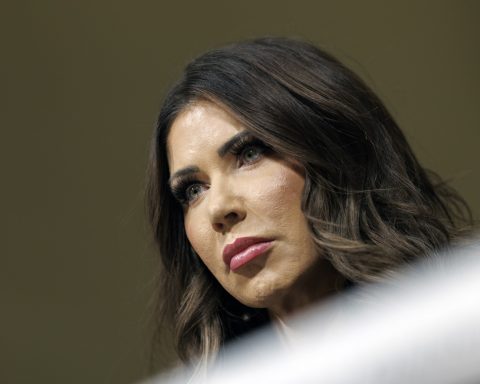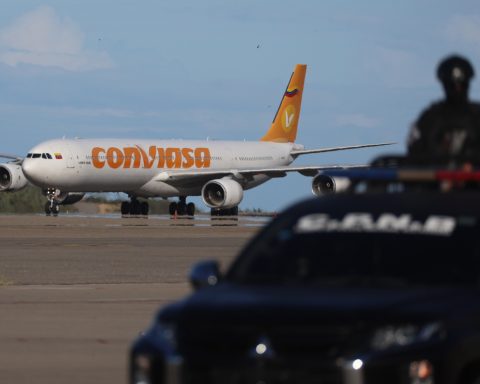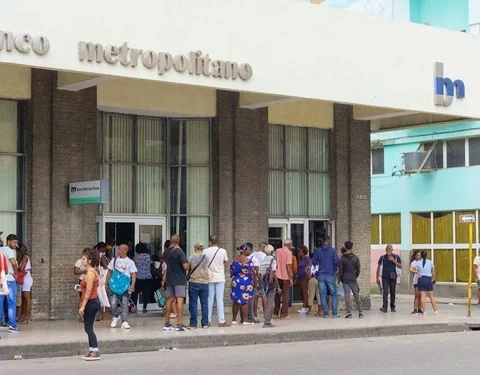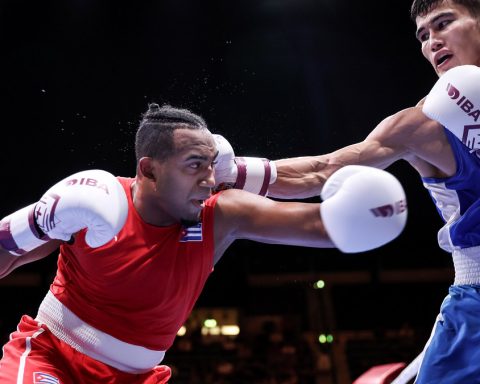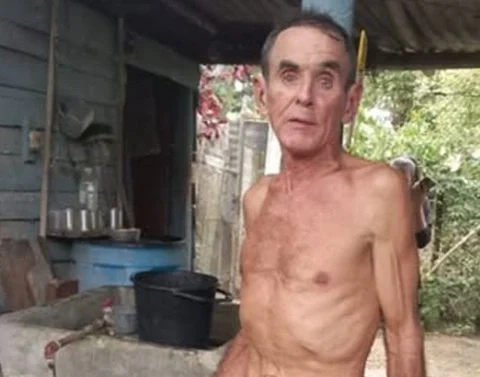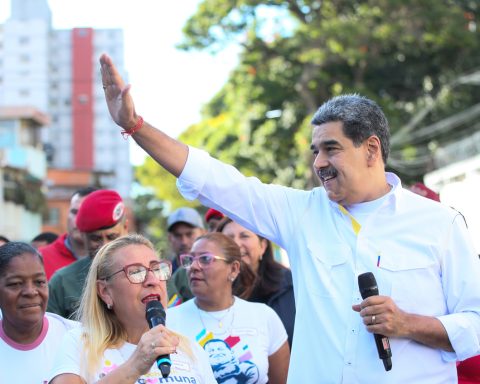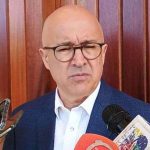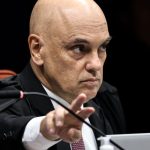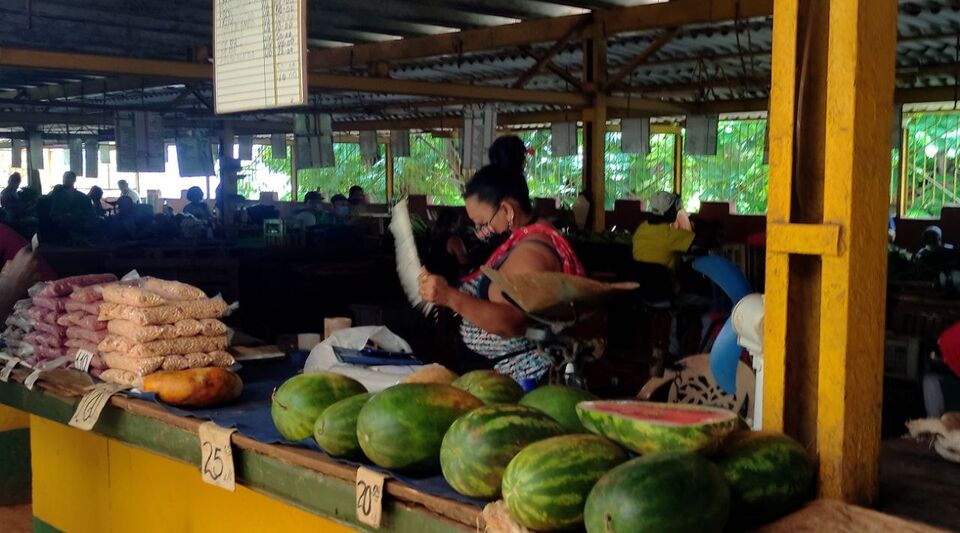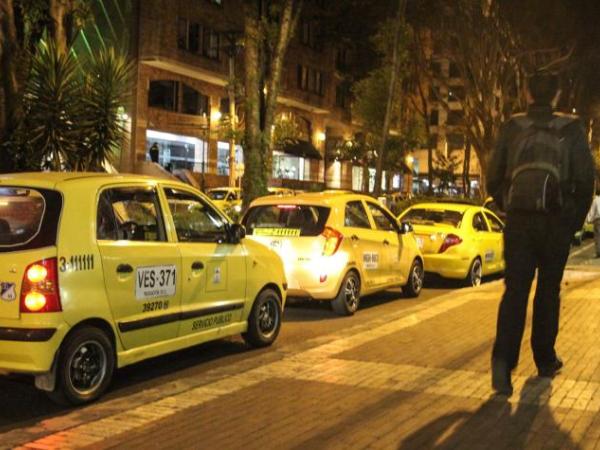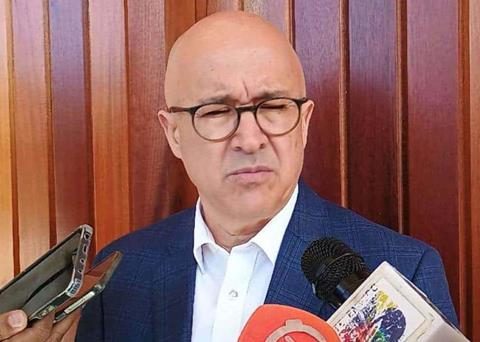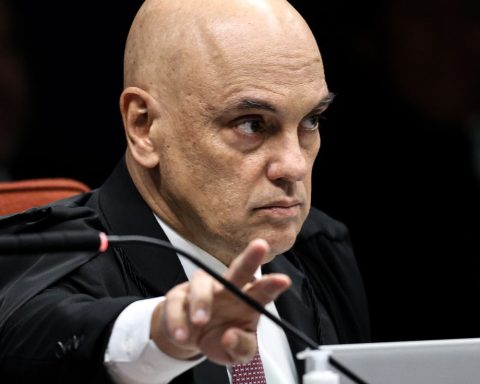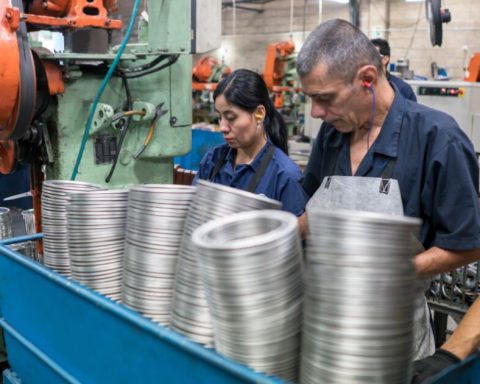ROME, Italy.- “If you come across this page (GoFundMe) and see Venezuelans, please collaborate, help us.” It is the cry of Carmen Celestina Ribas Torrealba, known as Carmencita. She is 49 years old and is “sentenced to death”, as she herself expresses, for living in Venezuela and having a brain tumor.
“We know that we are all going to die, that we are not eternal, but in Venezuela, unfortunately, an illness, a flu, pneumonia, a cut is almost a death sentence and I am not exaggerating. There are no supplies, the medicines are expensive”, he explained to CubaNet.
Carmencita is one of the 13,995 people living in Venezuela who today have an active fundraising campaign on GoFundMe, mostly to try to obtain the necessary money to face a health problem.
“I urgently need a brain-based craniotomy due to a meningioma lodged in the sella turcica in the suprasellar region, which I cannot afford due to its high price, so I request your collaboration, either by contributing or disseminating, I will greatly appreciate it. I will thank you”, reads the campaign “Donate to help operate Carmencita”.
Lack of inputs and collapse
The growing popularity of GoFundMe among Venezuelans is due to the fact that 95% of hospitals are in “technical closure” as a result of “abandonment of their facilities, lack of maintenance, lack of medical equipment, work tools, surveillance, electricity , water, elevators, supplies and medicines, among other needs”, the president of the Venezuelan Medical Federation (FMV), Douglas León Natera, recently expressed at a press conference.
In this regard, Carmencita confirmed that in Venezuela the right to health that is guaranteed in the Constitution is not fulfilled. “There is no State that gives me the guarantee that when I get sick I can optimally access a health system that works,” she said.
Other data from the FMV estimate that of the 301 hospitals that exist in the country, 80% have inoperative operating rooms, 97% of the laboratories have malfunctions and lack of reagents; and 90% of the beds are out of order. In addition, regarding public services, it is estimated that 80% of hospitals do not have continuous water service.
This reality forces Venezuelans to have to resort to charity through social networks and through online platforms to ask for donations that allow them to have the necessary resources to pay for the expenses that a health problem entails and try to survive the collapse. sanitary.
Like María Gabriela, a nine-year-old girl who has an auto-inflammatory disease called SAVI Syndrome, a rare condition that keeps her connected to an artificial respirator and, consequently, she needs a transplant of her two lungs. “She needs to be transferred abroad (Spain) and be placed on the waiting list for a donor, we have not yet completed the necessary sum to be able to leave the country,” explains her mother through her Instagram @wanttokeepbreathing. It is also found on GoFundMe with the campaign “Help Maria Gabriela to keep breathing”.
Online fundraising has become so popular among Venezuelans that there is even a platform created to overcome the obstacles of the economic sanctions imposed on the regime and that limit the entry of money for humanitarian reasons: yakera.org.
Yakera means “gratitude” in Warao, the language of the Amerindian indigenous people that lives in the Orinoco delta, and was created by the Venezuelan Raúl Romero, with the support of the Chilean Tomás Muñoz. It fulfills a function similar to GoFoundMe, but with two key differences: it allows Venezuelans living inside Venezuela to have direct access, without an intermediary living abroad, and 100% of donations reach their recipient.
unpayable costs
But it is not enough to have a platform to collect the necessary economic resources to face a treatment, the biggest problem is the high costs. “In private clinics there are staff and everything that is required is there,” assured Carmencita, but the costs are often very high: “a brain-based craniotomy costs $45,000,” she explained. An unattainable figure in a country where the minimum wage is around 21 dollars a month; that is, Carmencita would have to collect the total of her minimum wage (without incurring other expenses) for a little more than 178 years, in order to pay for her operation.
“We earn a meager salary that is only enough to buy, in this case, medicine for blood pressure, hypertension, for example. If there are other pathologies, it becomes more complicated because either you eat and support your children or you buy the medicines.” Thus, most Venezuelans have to choose between eating or buying medicine, so “we put our health aside because we don’t have the resources.”
Daniela Cartaya also opened a campaign on GoFoudme because she does not have the resources to pay for the medications and tests she needs to treat the solitary fibrous tumor with pleural effusion and pulmonary metastasis that lives in her body.
“Getting sick in Venezuela is quite a challenge, first because of the hospitals, because they don’t have the supplies, the radiotherapy machines don’t work and the medicines aren’t available,” explained the 34-year-old mother of four (Mario Elías, one year old, Victoria, 3, Angely, 12, and Randy, 17). Her campaign on GoFoudme is called “My name is Daniela Cartaya, I have cancer”.
He indicated that in order to comply with his treatment he has had to go to private clinics, but “everything is too expensive”, for example, “I have to do an exam (virtual Pet) that costs 1,200 dollars and I do not have the resources for it ” .
Daniela also denounced that waiting times in hospitals are very long. “For radiotherapy you have to wait three or four months on a waiting list. So, how do you tell cancer in this case, look, hang in there, wait three months to be treated. You can’t, because cancer doesn’t wait,” she told CubaNet.
Imprisoned doctors
On the other hand, the FMV denounced that they have a record of at least 40 doctors who received threats, were detained or are in a regime of presentation since the beginning of June as a consequence of the procedures that the regime has carried out as part of the fight against alleged ” hospitable mafias”.
Carmen Ribas has been a victim of this persecution. “In hospitals I have found highly competent medical personnel with great human quality, they all want to help me. But when a neurosurgeon oncologist wants to help me and she tells me —’Mrs. Carmen, I want to help you, but we don’t have the supplies’. I tell him, — ‘give me the list so I can get it from friends and family,’ the doctor tells me — ‘if I ask for a gauze, I’ll go to jail.’ That is the biggest challenge, our hands are tied, doctors cannot ask for a syringe, they cannot ask for a scalpel because there is a law issued by the national government where they are going to be judged, they are going to be placed in jail simply for want to help someone.”
He expressed with tears in his eyes that the “hardest” thing in Venezuela is “to die of decline.” “The Venezuelan State does not help me because there are no supplies and meanwhile my vision deteriorates, my quality of life deteriorates, I have my small children and a doctor cannot help me because he could go to jail,” she emphasized.
The deterioration of the Venezuelan health system began before Chavismo came to power. However, with Hugo Chávez it intensified after in 2004 the president decided to create the “Barrio Adentro” mission, which opened the doors of the country to Cuban doctors, with the intention of replacing the Venezuelan health system through a parallel network of primary care clinics.
The result was the total neglect of the country’s hospital system, with its consequent collapse. Meanwhile, Cuban doctors have not been able to integrate with Venezuelan doctors and a good part of these outpatient clinics are abandoned.
“Very serious situations of poor care were discovered and even 80% of these modules are currently closed, they do not work, and those who could have been doctors left Venezuela. They escaped across the border with Colombia or by plane to Miami and there they are as health technicians, but here in Venezuela they never proved to be doctors,” said the president of the FMV, Douglas León Natera.
Receive information from CubaNet on your cell phone through WhatsApp. Send us a message with the word “CUBA” on the phone +1 (786) 316-2072, You can also subscribe to our electronic newsletter by giving click here.
